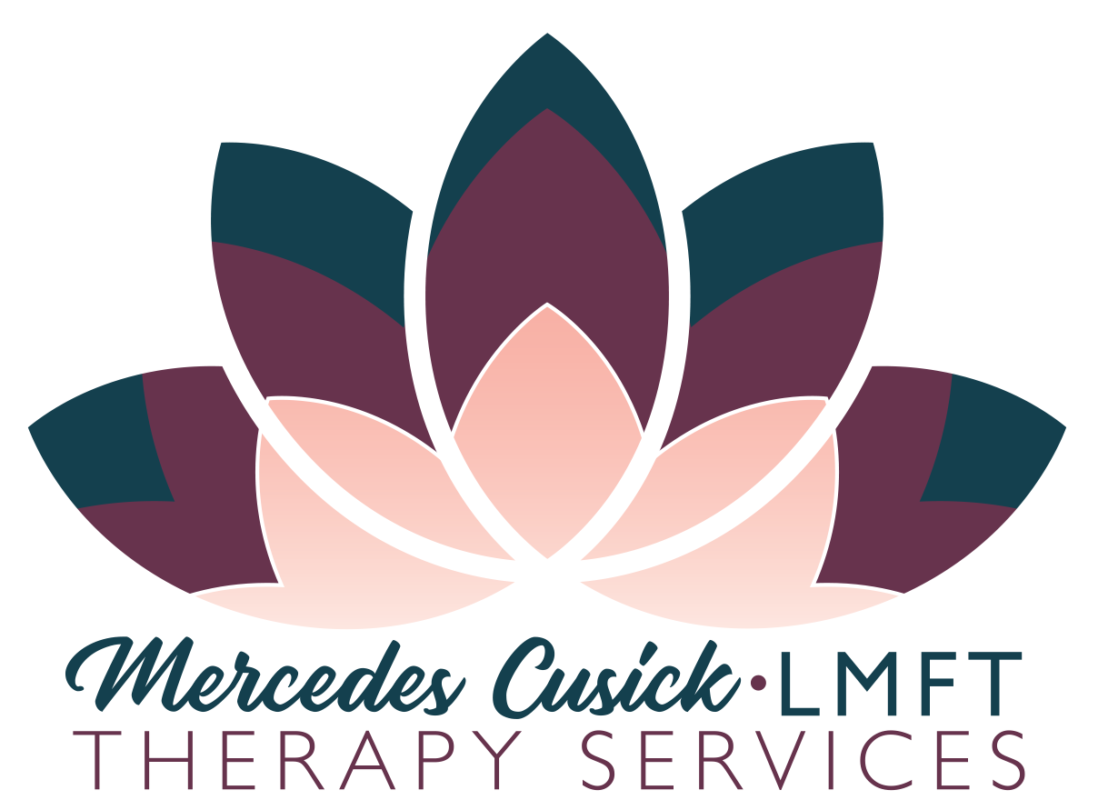I realized early on in my career when clients were not willing to deal with their trauma, the relapse rate was extraordinarily high. The main reason that I became a trauma-informed addiction therapist is because addiction is so often a response to past trauma. In my opinion, you cannot effectively treat the addiction piece without addressing the unresolved trauma. They go hand-in-hand.
Countless individuals have suffered unimaginable anguish and have emerged stronger because they were willing to delve into their deeper issues. What brings people to therapy most often is a conscious, deep-seated struggle that is painful, unprocessed, and significantly impacting their well-being. I find it to be my extraordinary honor and privilege to be part of someone’s transformative journey.
A trauma-informed approach seeks an awareness of the pervasive impact of trauma on life experience and relationships. It’s important to be mindful of trauma’s role in an individual’s outlook, perception, behaviors, and emotions. Most people don’t even realize how predominant their trauma is impacting their life. Therefore, understanding the underlying reasons for certain unwanted behaviors. Trauma-informed care applies to much more than the typical trauma but also those experiencing depression, anxiety, toxic relationships, or attachment issues.
It has been noticeably clear to me over these years that trauma-induced addiction starts at a young age. When a client conveys that they started using drugs and alcohol young, even as early as 6 years old, I am curious about their childhood trauma history. Wondering if they have experienced abuse, neglect, domestic violence in the home, a family member with mental health and/or addiction issues, divorce or separation, loss of a family member, and other traumatic events. Countless studies and my clinical purview recognize the strong connection between exposure to trauma and addiction in young people. Part of the correlation is straightforward; many young people turned to substances to deal with or numb the negative effects of childhood trauma. The other component is that pervasive childhood trauma changes an individual on a physiological level which can make them susceptible to addiction.
Another justification for trauma and addiction being connected is about self-medication. Self-medication is when an individual is attempting to manage their trauma symptoms by using drugs and alcohol. The idea is to numb their emotional, mental, and sometimes physical impacts of their suffering. It does not take much for self-medication to snowball into full-blown addiction.
Drug addiction is often associated with other mental health illnesses, this is called co-occurring disorders. So, what happens is an individual has overlapping environmental triggers from their addiction, trauma, and mental illness which can make recovery difficult. This is the very reason why being a trauma-informed addiction therapist is so valuable, to focus on all the components not just the face of addiction.
I find working with this population to be extremely rewarding. Survivors of trauma are profoundly resilient. These folks have all developed deeply ingrained and highly effective survival skills to stay alive and get their fundamental needs met, and then figured out with therapy, support, and sometimes medication a whole new set of engaged life skills.
Every time someone asks me why I went into this profession; I have a different answer. That’s because I continue to fall in love deeper with what I do and feel that my work is meaningful. I find inspiration in my clients every day and feel so thankful that I have the opportunity to do what I love.


